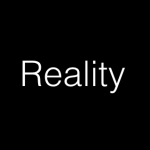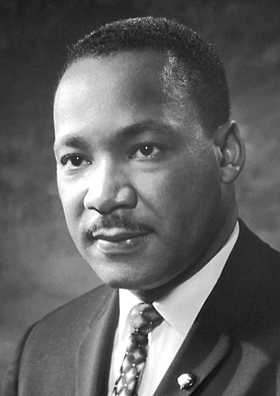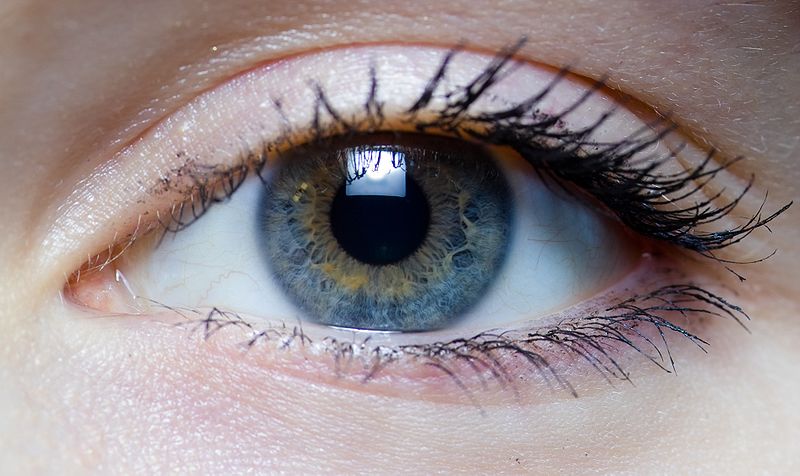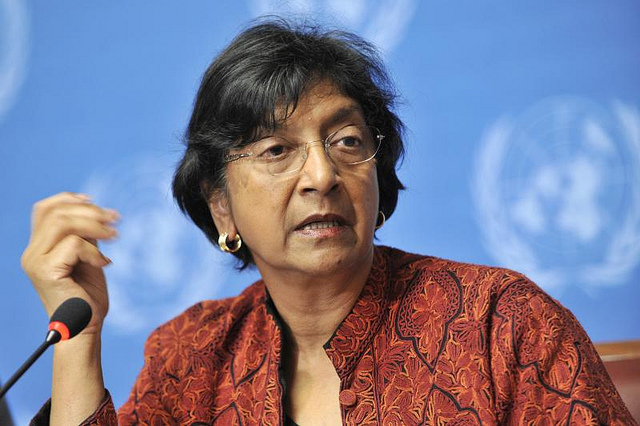
Can we be foreign to our own selves?

It is a question with which we are forced to grapple these days. As shocking natural disasters rock the world, we look to each other, but we also look to ourselves, suddenly finding in our own lives transience and fragility. We consider anew what matters and what does not matter. We ponder and we question and we ponder some more, hoping for answers but wondering where they are within our own selves. And we wonder how well we even know ourselves.
Of course, the question of who we are as individuals is hardly a recent one in our collective consciousness. Self-discovery is and always has been a recurring theme in literature, film, music—indeed, in all forms of art.
The latest Hollywood films about venturing out to find oneself—“Eat Pray Love” springs instantly to minds—tap into the acute modern-day sense of the disenchanting emptiness of a life without meaning, but they are hardly the first to express a desire to find one’s ‘true’ self. Does Tolstoy not ultimately ask what life even means in Anna Karenina? And did Don Quixote’s quest not ultimately end in failure to find ‘selfhood’ through mimicry of the literary knights-errant? And did Gilgamesh not need to go on his journey in order to come to terms with his own true mortality?
All this suggests that the notion that we can be foreign to our own selves should not be, well, foreign to us. Sometimes, looking within our own selves, we cannot understand independently ‘who we are.’ We often tell each other in contemporary society to ‘be ourselves,’ but who, precisely, are we, and how do we know who we are?
We often forget in everyday life how we can lose sight of ourselves. In going through the motions of our busy routines, we forget to think about why we do what we do and about how that affects who we are as individuals. We often forget about the need to take a step back and to think about ourselves, not in a self-centered or self-serving manner, but in a way that will lead to a higher consciousness of ourselves. Sometimes, it takes an external shock to remind us of the need to do this.
So perhaps we must seek to expunge the foreigner within ourselves just as we seek to abolish the external foreigner. We often look at others with a foreignness-seeing eye, and it takes training and a conscious effort to stop looking upon others as foreigners. But perhaps we often forget that we must learn not to be foreign to our own selves, either, and we often forget that this, too, takes practice and patience. “Know thyself,” Socrates reminds us, and perhaps we must do just this.
All around us we see the crying need for an abolition of foreignness. Let us look within ourselves, too, to see if that need is there as well.








